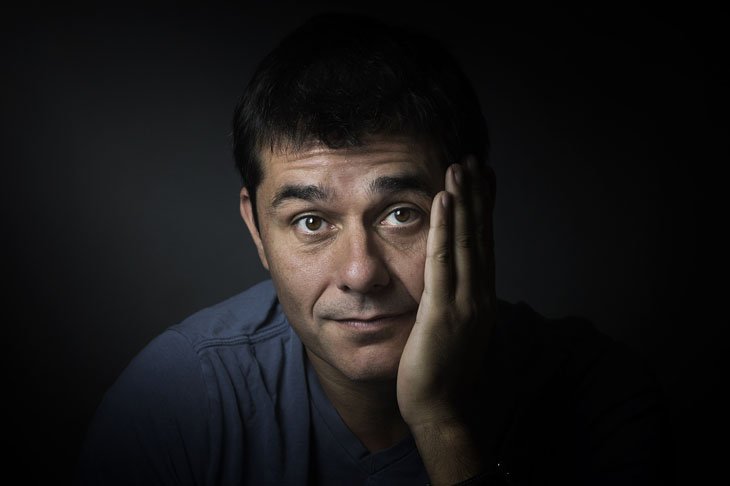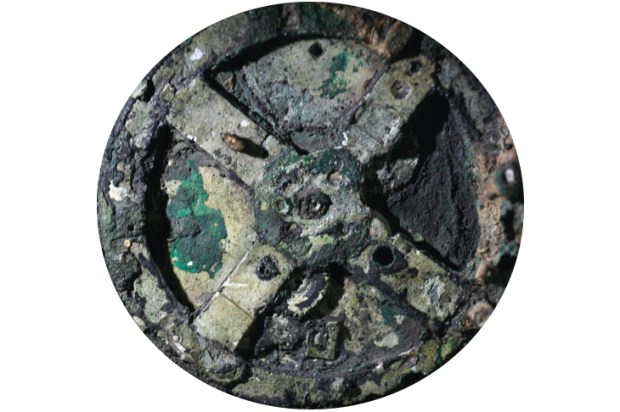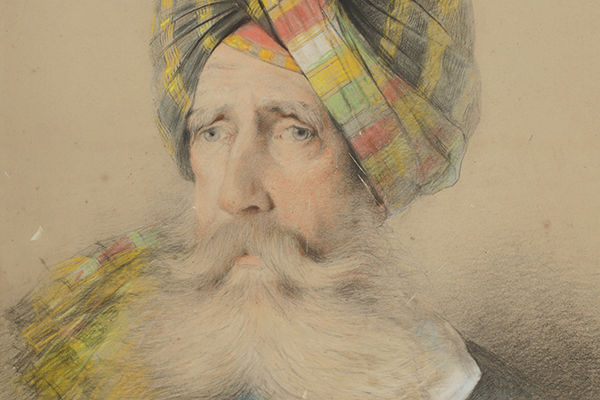On 25 February 1980, Roland Barthes, the great French intellectual, was run over by a laundry van in Paris. He died from his injuries a month later. This book — Laurent Binet’s second novel — proposes that it was not an accident; that Barthes had just come from lunch with the Socialist candidate for the forthcoming French presidential elections, François Mitterrand, and that he was in possession of an extremely important document, one which gave detailed instructions on the seventh function of language. Of course, you all know that, as defined by Roman Jakobson, there are only six functions of language (among them the Performative — ‘I now pronounce you man and wife’; the Phatic — ‘how do you do’; and the Metalinguistic — such as dictionary definitions). But imagine a seventh: this might take the form, almost, of a spell.
Binet, disgustingly young and clever, shot to prominence in 2010 as the author of HHhH, a reimagination of the assassination of Reinhard Heydrich, the Nazis’ security chief. He’s also disgustingly talented. All sorts of rotten novels get translated into 35 languages, but they don’t tend to get praised by Martin Amis, as HHhH was.
In this latest book we are in much more playful territory than the second world war: we are inside the French academy (to speak metonymically; I do not mean the Académie); that is, among a cast of hugely influential and famous French thinkers: Foucault, Lacan, Kristeva, Sollers, Althusser and so on, with walk-on parts from Americans such as Noam Chomsky and John Searle, as well as a very important couple of cameos from Umberto Eco.
It’s no accident that Eco is here. The Name of the Rose more or less invented the thriller driven by the intellectual concept, and The Seventh Function of Language is very much in its debt, and it knows it, and you know it knows it is because at the heart of both books lies a delight in the methodology of Sherlock Holmes.
Semiotics, the French-born theory that unites all the thinkers cited above, is about the reading of signs, you see, and Holmes was the supreme reader of them. The hero of the novel, Simon Herzog, or S.H., is a young lecturer who gets roped into the investigation into Barthes’s death — because he can (a) understand all the ‘pretentious bullshit’ that Bayard, the official detective, can’t; and (b) because he’s a new Sherlock, able to infer a biography at a glance.
It is a hugely entertaining novel, taking delight in its own twists and turns (although it wobbles badly in Bologna, with Italians beginning every other sentence with ‘Ma…’ and failing to consider that the 1980 station bombing is a living grief to many). And it flatters the reader, who does not need to know very much about semiotics to start with. As it happens, I do, and I also know what Paris was like in 1980–81, even down to the city’s gay scene (long story): and if Binet has his characters listen to music that is flagged, to the point of cliché, as being characteristic of the time, well you have to admit that was what people were listening to.
At more than one point, Herzog wonders if he is in a novel —‘a novel by an author unafraid of tackling clichés’. Binet has his cake and eats it, taking pleasure in mocking his intellectuals as well as treating their arguments seriously. So there is a great and intelligent interest in the novel about the uses of debate and argument; but you also get to see Michel Foucault caught masturbating over a poster of Mick Jagger. (Some of the philosophers Binet teases are still alive, and presumably only supreme tolerance or libel laws weighted in favour of free speech can have saved him from a legal pummelling.)
It almost works perfectly. It can’t, of course — because that would mean there was a seventh function of language, which the publishers would use to make us buy the book. Then again, it might account for Binet’s enormous success already. I mean, it is rather suspicious, isn’t it?
Got something to add? Join the discussion and comment below.
Get 10 issues for just $10
Subscribe to The Spectator Australia today for the next 10 magazine issues, plus full online access, for just $10.
You might disagree with half of it, but you’ll enjoy reading all of it. Try your first month for free, then just $2 a week for the remainder of your first year.














Comments
Don't miss out
Join the conversation with other Spectator Australia readers. Subscribe to leave a comment.
SUBSCRIBEAlready a subscriber? Log in